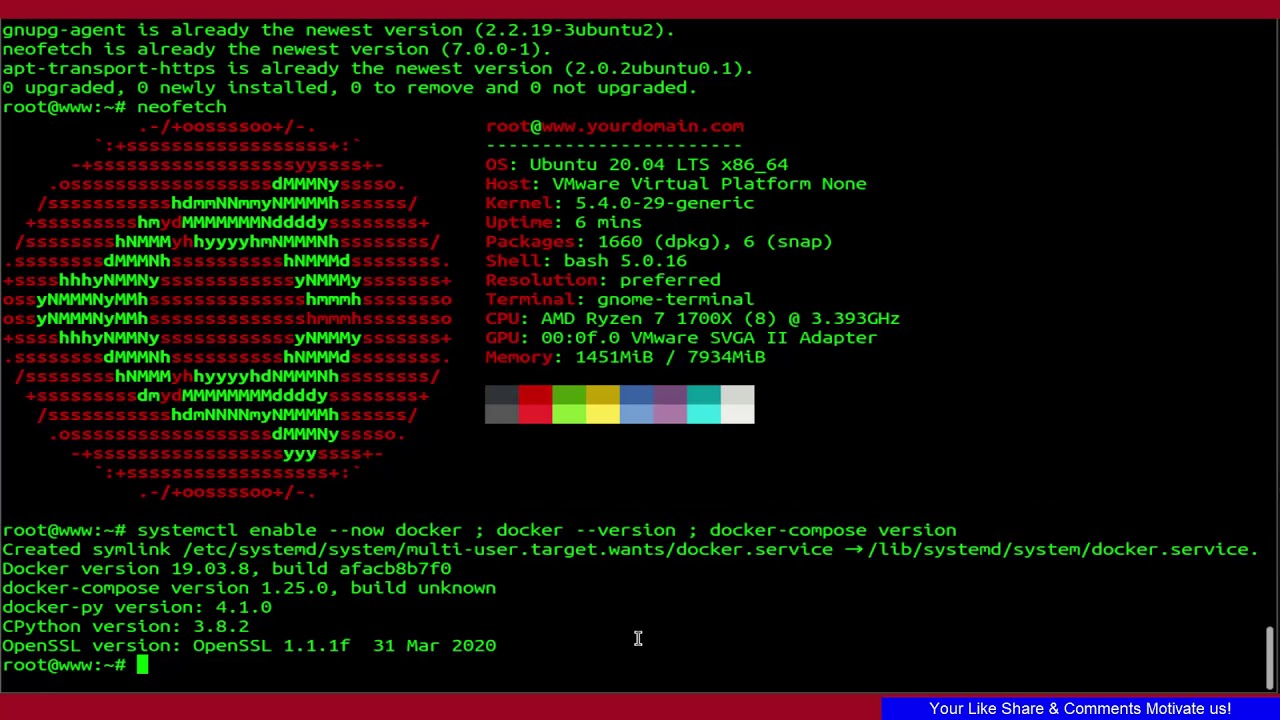
The following additional packages will be installed: Install CRI-O on Debian 11 / Debian 10 using the commands: sudo apt install cri-o cri-o-runcĪccept installation prompt with y key. Perform update before installing CRI-O on Debian 11 / Debian 10: sudo apt update Step 3: Install CRI-O on Debian 11 / Debian 10 Test if repo is working $ sudo apt updateģ packages can be upgraded. curl -L :$CRIO_VERSION/$OS/Release.key | sudo apt-key add -Ĭurl -L $OS/Release.key | sudo apt-key add.

Import GPG key used in packages signing after repository has been added to the system. repository.Īdding repo on Debian 11 / Debian 10: OS= Debian_10Įcho "deb $OS/ /"|sudo tee /etc/apt//devel:kubic:libcontainers:stable.listĮcho "deb $CRIO_VERSION/$OS/ /"|sudo tee /etc/apt//devel:kubic:libcontainers:stable:cri-o:$CRIO_VERSION.list For this release, we’ll add CRI-O version 1.23.

The Kubernetes release that will be running on my Debian servers is version 1.23. The project provides some user-facing tools for troubleshooting containers on Kubernetes. Since the scope for CRI-O is to work with Kubernetes in management and running OCI containers, it is recommended to install the version of CRI-O matching your Kubernetes release.

sudo reboot Step 2: Add CRI-O Kubic repository to Debian system If the upgrade completes without errors, reboot the system before adding CRI-O APT repository to the system. We always start our installations by updating and upgrading the system. Image source: redhat Install CRI-O Container Runtime on Debian 11 / Debian 10įollow the steps provided in this guide to have a working setup of CRI-O Container Runtime on Debian 11 / Debian 10.


 0 kommentar(er)
0 kommentar(er)
